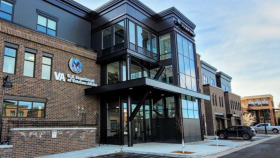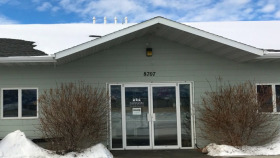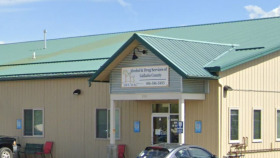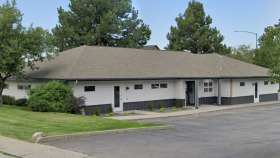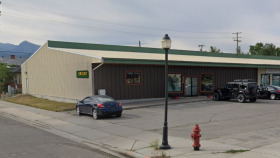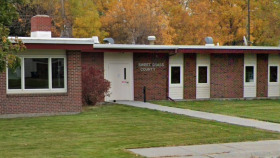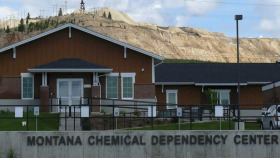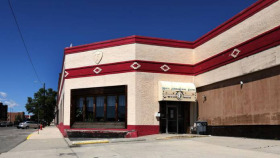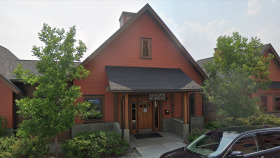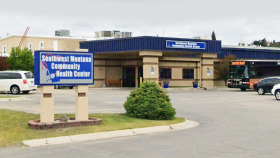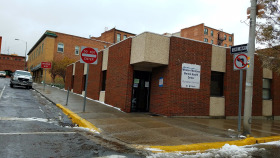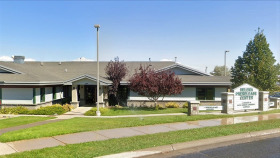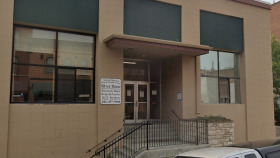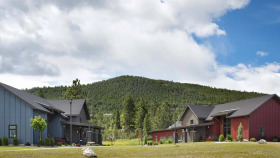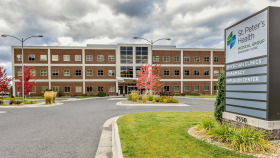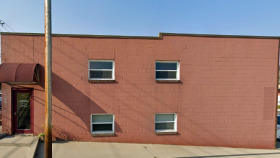Drug and Alcohol Abuse Statistics in Bozeman
In 2020, a survey to analyze the health of the Bozeman community revealed the following:2
33.5% drink excessively
3.7% drink and drive
7.1% misuse illicit drugs
6.5% sought help at a treatment center
48.7% of life has been negatively affected by substances
The number of substance use disorders is rising, but not many seek treatment at a Bozeman drug rehab, even among those in Gallatin County with Medicaid. In 2022, only eight Medicaid admissions were to residential programs and there were just 51 admissions to outpatient programs.3
Youth in Gallatin County reported alarming information, such as4
18.6% have ridden in a car with someone who was driving while intoxicated
17.3% had their first drink of alcohol before the age of 13
21% got an illegal drug on school property
Levels of Substance Abuse Treatment
Various rehab settings and levels of care are available to meet your needs.
Professional Drug Detoxification
Drug and alcohol withdrawal symptoms can be extremely painful and even potentially life-threatening, which is why detox is so important. The detox team can monitor you for complications and provide you with medications and treatment to increase your comfort and safety.
Residential Rehab
Also called partial hospitalization programs (PHPs), these are a great compromise for someone who needs a high level of care but wants to continue living at home. You receive up to 30 hours of treatment per week.
Day Treatment Programs
Also called partial hospitalization programs (PHPs), these are a great compromise for someone who needs a high level of care but wants to continue living at home. You receive up to 30 hours of treatment per week.
Intensive Outpatient Programs (IOPs)
A step down from partial hospitalization, intensive outpatient programs provide a few hours of treatment for a few days per week, including inpatient and group therapy. Many people transition into an IOP after they have completed a residential or PHP program.
Standard Outpatient
The least intensive and structured option, you live at home and commute to the treatment center or a therapist’s office for a few hours each week.
Aftercare
Near the end of rehab, you’ll work with your treatment team to create an aftercare plan to provide you with the support you need to avoid relapse in the long run.
Financing Drug and Alcohol Rehab in Bozeman
Here are some strategies for paying for alcohol and drug rehab.
Health Insurance
Health insurance providers are required to provide some form of coverage for mental health and substance abuse treatment services, including drug rehab. Contact your provider to learn more about your specific plan.
Montana Medicaid
Montana Medicaid, which provides health coverage to low-income pregnant people and families, covers services like medication-assisted treatment, inpatient rehab, and outpatient rehab.
Montana Medicare
You can use Montana Medicare to cover behavioral health and mental health treatment, including drug rehab and alcohol rehab, as well as screening and assessments.
TRICARE in Montana
Montana is in the West Region for TRICARE and people with this government program can use it to pay for addiction treatment services and therapies.
Publicly Funded and Free Drug Rehab in Bozeman
Free rehab programs and state-funded rehabs are able to offer affordable and no-cost treatment to people who cannot afford care.
Sliding Scale Payments
Sliding scale rehabs are able to offer inexpensive treatment to people without insurance and who cannot otherwise pay for rehab.
IHS-Funded Drug Rehabs
Drug treatment centers that receive funding from the Indian Health Service offer free addiction treatment to Indigenous individuals in Montana.
Getting to and Around Bozeman
The Bozeman Yellowstone International Airport is about eight miles outside of Bozeman and is one of the busiest airports in the state. With ten airlines, you can travel from either coast or overseas. To get around Bozeman, you can choose car, bus, or rail transportation.
You can also choose:
- Ride-share programs
- Car rentals
- Turo, a peer-car-sharing program
- Shuttles
When choosing a place to stay, it’s crucial to determine your length of stay and the type of Bozeman drug rehab program you will enter. Detox usually takes about one week of inpatient care for those who may experience severe withdrawals. Those with mild withdrawals may choose outpatient detox. Inpatient, partial, and intensive outpatient programs follow detox treatment.
If you want outpatient services, you will need a place to stay in the community. Short-term and long-term options include:
- Hotels and motels
- Air BnB and VRBO
- RV parks and campgrounds
- Bed and Breakfasts
- Lodges
- Cabins
- Farms and ranches
- Luxury accommodations
There are many local things to enjoy that support your goals. Don’t be afraid to get creative, like:
- Bathing in hot springs
- Working on a farm or ranch
- Horseback riding
- Joining a yoga retreat
- Going river tubing and rafting
- Taking a dog sledding tour
There are hundreds of outdoor and indoor activities. Move your life in a new and positive direction and at the same time, make great new memories with friends and family who visit to support your recovery.
Montana Drug and Alcohol Laws
Below are some relevant Montana laws related to substance misuse::1
Family and Medical Leave Act (FMLA): This law requires companies with over 50 employees to offer at least 12 weeks of unpaid leave to those who need medical care, such as drug rehab.
The Help Save Lives from Overdose Act: This act allows pharmacists to provide naloxone kits to those who know someone at risk of an opioid overdose, as well as harm reduction organizations, first responders, and county health officials.
Montana Good Samaritan Overdose Law: Witnesses to a drug overdose receive limited immunity from drug possession arrest and prosecution for calling 911. This encourages people to reach out for medical help, which can save lives.
Resources
- Gallatin County Health Department. 2018. Community Health Assessment Gallatin County, Montana 2018.
- Bozeman Health Deaconess Hospital. 2020. The 2020 Community Health Needs Assessment Gallatin, Madison, and Park Counties, Montana.
- Montana Department of Health and Human Services. 2022. Montana Medicaid Health Metrics Dashboard.
- Montana Office of Public Instruction. 2021. The 2021 Montana Youth Risk Behavior Survey County-Level Results.


